
Dismantled and Replaced
Shawn McCraney advocates Christian Anarchism, emphasizing liberty, individualism, and skepticism of power. He promotes personal faith, autonomy, and dismantling ecclesiastical authority.

One Cup of Dirt
Shawn teaches that God evaluates individuals based on free will and personal choices, removing external factors during judgment, focusing on intrinsic decisions and accountability.
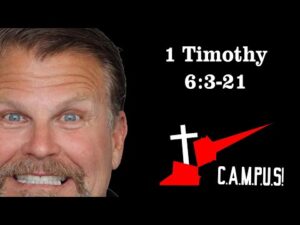
1 Timothy 6:3-21 Bible Teaching
Shawn’s teaching on 1 Timothy 6 emphasizes doctrinal integrity, warns against wealth’s temptations, and stresses spiritual virtues over material gain, urging faithfulness.
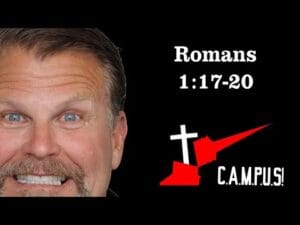
Romans 1:17-20 Bible Teaching
The Gospel is God’s power and righteousness, offering salvation through Jesus’ life, death, and resurrection. Faith, not works, is essential for salvation, bridging humanity’s sinfulness with God’s holiness.

The Vote
Shawn predicts a narrow Trump win, highlights voting reforms, advocates for state rights, open dialogue, and optimism in politics, emphasizing faith and respect.
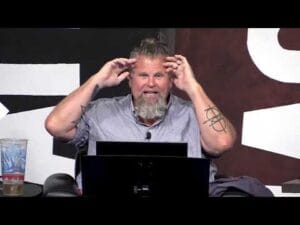
Chompin’ on Chomsky, Part 2
Shawn McCraney advocates Christian Anarchy, critiquing religious authority and promoting individual liberty, personal faith, and non-hierarchical worship, free from institutional control.
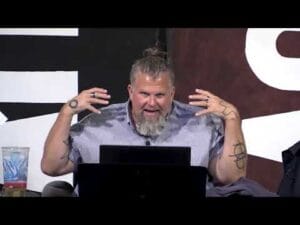
We Get What We Want
Shawn McCraney teaches that the afterlife reflects true desires, emphasizing free will and personal responsibility. True believers seek a deep, eternal relationship with God.
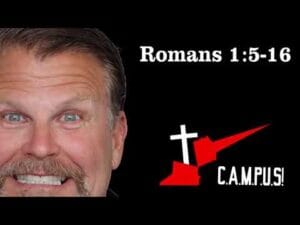
Romans 1:5-16 Bible Teaching
Paul’s teaching in Romans emphasizes apostolic authority, believers’ calling to holiness, internal peace, prayer’s power, Gospel’s transformative power, and salvation through faith.
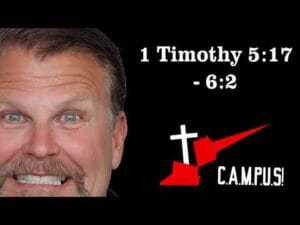
1 Timothy 5:17 – 6:2 Bible Teaching
Paul instructs Timothy on church governance, emphasizing merit-based support for elders, accountability, impartiality, and the importance of faith, good works, and spiritual discernment.

The Kid Has Something to Say
Shawn stresses church-state separation, urging Christians to vote by conscience, not religious mandates. Open dialogue and respect for diverse views are key, avoiding political manipulation.

Chompin’ on Chomsky, Part 1
Shawn McCraney emphasizes prayer’s role in divine intervention, explores Christian anarchism, critiques state-led capitalism, and advocates for justified authority and equitable systems.
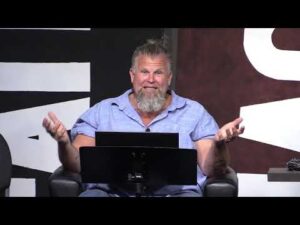
Being
Shawn McCraney emphasizes God’s supremacy and eternal nature, contrasting it with humans’ evolving state. True devotion requires humility and recognizing God’s superiority.
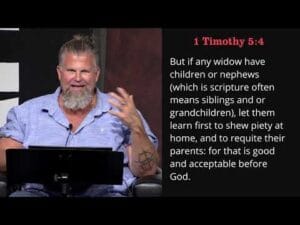
1 Timothy 5:3-16 Bible Teaching
Paul advises Timothy on managing church care for widows, distinguishing “widows indeed” needing aid from those with family support. Emphasizes faith, family duty, and good character.

Romans 1:3-4 Bible Teaching
Paul’s teaching in Romans highlights Jesus as the fulfillment of Old Testament prophecies, linking him to David’s lineage. Shawn emphasizes Jesus’ resurrection as the moment he was declared “Son of God with power,” illustrating a model for believers to achieve spiritual growth and authority through faith.
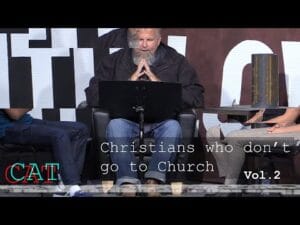
Christians Who Don’t Go to Church, Part 2
The teaching highlights the tension between personal faith and church attendance, emphasizing genuine community and spirituality beyond traditional structures and rituals.
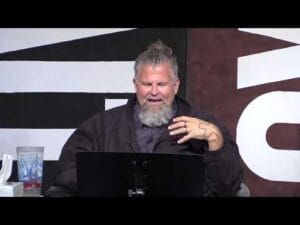
Trinity Collusion, Part 2
Shawn McCraney critiques the Trinity doctrine, arguing biblical passages were altered to support it. He highlights discrepancies in baptism practices, focusing on Jesus’ authority.
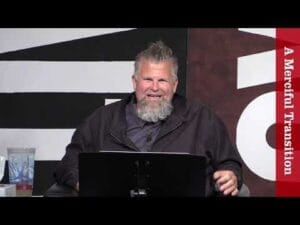
A Merciful Transition
Shawn McCraney views death as a birth into the afterlife, where biases persist temporarily. God is gentle, guiding individuals to truth at their own pace, aligning with 1 Timothy 4:10.
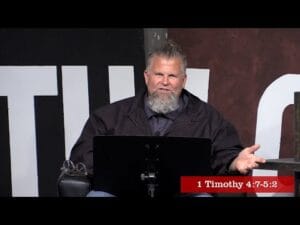
1 Timothy 4:7 – 5:2 Bible Teaching
Shawn’s teachings on 1 Timothy 4:7-8 stress spiritual growth over superstitions, godliness over physical exercise, and maintaining faith, love, and purity for lasting rewards.

Romans Introduction & 1:1-2 Bible Teaching
Shawn’s plan covers Titus, Philemon, 1st/2nd Timothy, Mark, re-records Romans over 65 weeks, focusing on historical context, Paul’s teachings, and faith’s role in salvation.
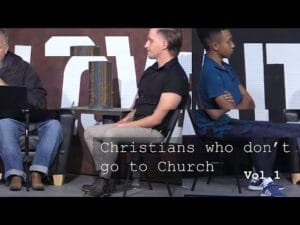
Christians Who Don’t Go to Church, Part 1
Christianity centers on accepting Jesus as Savior, living His teachings, and personal faith beyond church. Church aids growth but isn’t essential; focus on love, not legalism.